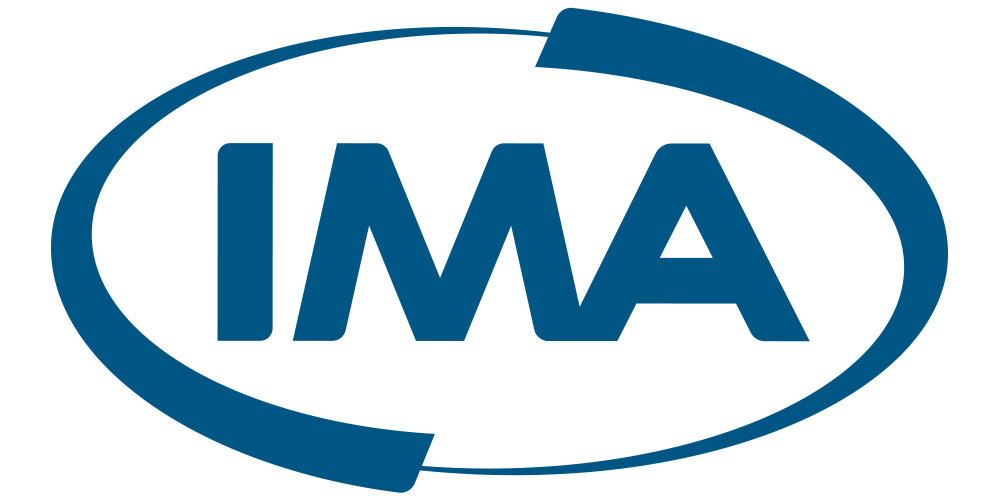Micah Burgess is a Client Advocate and

Construction Risk Advisor at IMA Financial Group, where he utilizes IMA's four decades of experience in the industry. His family's 27-year ownership of a construction company fuels his passion for the field. IMA is renowned for its leadership in commercial insurance, risk management, surety, and employee benefits brokerage. Their team, including Micah, is dedicated to crafting tailored solutions to meet each client's unique needs, ensuring comprehensive support and guidance. Micah's blend of personal connection to the industry and professional expertise makes him an invaluable resource for clients seeking top-notch service and customized solutions.
What concerns should a contractor have when relying on an owner-placed builders risk policy?
When relying on owner-placed builders risk policies, contractors lose their ability to control the coverage, terms and conditions of the policy. They should carefully evaluate the risks and limitations and take proactive steps to mitigate concerns, such as securing additional coverage or clarifying contractual obligations with the owner.
1. Coverage limitations - The contractor may not have control over the coverage limits and terms of the owner-placed policy, which could potentially leave gaps in coverage or inadequate protection for the project.
2. Coverage scope - The contractor should carefully review the owner-placed policy to ensure that it adequately covers the risks associated with the project, including construction-related damages, theft, vandalism and other potential perils. Property at temporary storage or property in transit are other key coverage provisions they should be reviewing to confirm adequate limits.
3. Claims process - Contractors should understand the claims process outlined in the owner-placed policy and ensure that they have a clear understanding of how to report incidents or damages that occur during construction. Builders risk insurance policies confer certain rights to the first named insured, including responsibility to pay premiums, receive certain communications, and, in some circumstances, serve as the sole agent for the other insured parties. In the event of a claim, this can create issues with keeping the project timeline at the forefront.
4. Policy exclusions - Contractors should review the policy exclusions to identify any potential gaps in coverage or situations where they may be responsible for damages or losses that are not covered by the owner-placed policy.
5. Policy duration - Contractors should verify the duration of the owner-placed policy to ensure that coverage extends for the entire duration of the construction project, including any delays or extensions that may occur.
6. Contractual obligations - Contractors should review their contracts with the owner to understand their obligations regarding insurance and risk management. They should ensure that the terms of the owner-placed policy align with their contractual requirements. Some contracts will state the contractor is responsible for the deductible, so it is important to review closely and confirm the deductible amounts the owner is carrying.
7. Communication with owner - Contractors should maintain open communication with the owner about the details of the owner-placed policy, including coverage limits, exclusions, and any changes that may occur during the project.
What are some of the essentials to construction insurance?
A: In the dynamic world of construction, managing risks is just as crucial as laying the foundation for a new building. As construction professionals, we're no strangers to the unexpected – whether it's weather challenges, onsite accidents, or project delays. That's where the pivotal role of construction insurance comes into play.
Construction Insurance: More Than Just a Policy, It's Your Project's Safety Net Construction insurance isn't a one-size-fits-all solution. It's a complex array of coverages tailored to the unique needs of each project. Here's a breakdown of the essentials:
- General Liability Insurance: This is your frontline defense. It protects against third-party claims for property damage or bodily injury, a must-have in a field where both are common risks.
- Builder's Risk Insurance: Specific to the construction site, this policy covers the structure under construction and often materials and equipment on site, safeguarding against fires, theft, and natural disasters.
- Professional Liability Insurance: This insurance provides coverage for economic loss from the legal liability of contractors and building professionals related to design and building services that are typically not covered by the General Liability Policy. Professional Liability offers coverage for ever-increasing legal expenses; safeguarding contractors’ reputations and finances and enhancing credibility with clients by providing peace of mind knowing that potential liabilities are mitigated.
- Workers' Compensation: Protecting your most valuable asset – your workforce. This coverage is essential for medical care and compensation for employees injured on the job.
Balancing Coverage and Cost: A Strategic Approach Choosing the right construction insurance isn't just about getting the broadest coverage; it's about balancing risk with cost-effectiveness. It's important to work with insurance providers who understand the construction industry's nuances and can offer tailored solutions.
Ongoing Risk Assessment: Staying Ahead of the Curve Risk management in construction is dynamic. Regularly reviewing and adjusting your coverage as projects evolve is crucial. This proactive approach ensures that your insurance keeps pace with your project's growth and changing risk profile
Investing in Insurance: A Smart Business Decision In conclusion, investing in comprehensive construction insurance isn't just a regulatory necessity; it's a smart business decision. It protects not just your physical assets but also your financial health and reputation.

 Construction Risk Advisor at IMA Financial Group, where he utilizes IMA's four decades of experience in the industry. His family's 27-year ownership of a construction company fuels his passion for the field. IMA is renowned for its leadership in commercial insurance, risk management, surety, and employee benefits brokerage. Their team, including Micah, is dedicated to crafting tailored solutions to meet each client's unique needs, ensuring comprehensive support and guidance. Micah's blend of personal connection to the industry and professional expertise makes him an invaluable resource for clients seeking top-notch service and customized solutions.
Construction Risk Advisor at IMA Financial Group, where he utilizes IMA's four decades of experience in the industry. His family's 27-year ownership of a construction company fuels his passion for the field. IMA is renowned for its leadership in commercial insurance, risk management, surety, and employee benefits brokerage. Their team, including Micah, is dedicated to crafting tailored solutions to meet each client's unique needs, ensuring comprehensive support and guidance. Micah's blend of personal connection to the industry and professional expertise makes him an invaluable resource for clients seeking top-notch service and customized solutions.